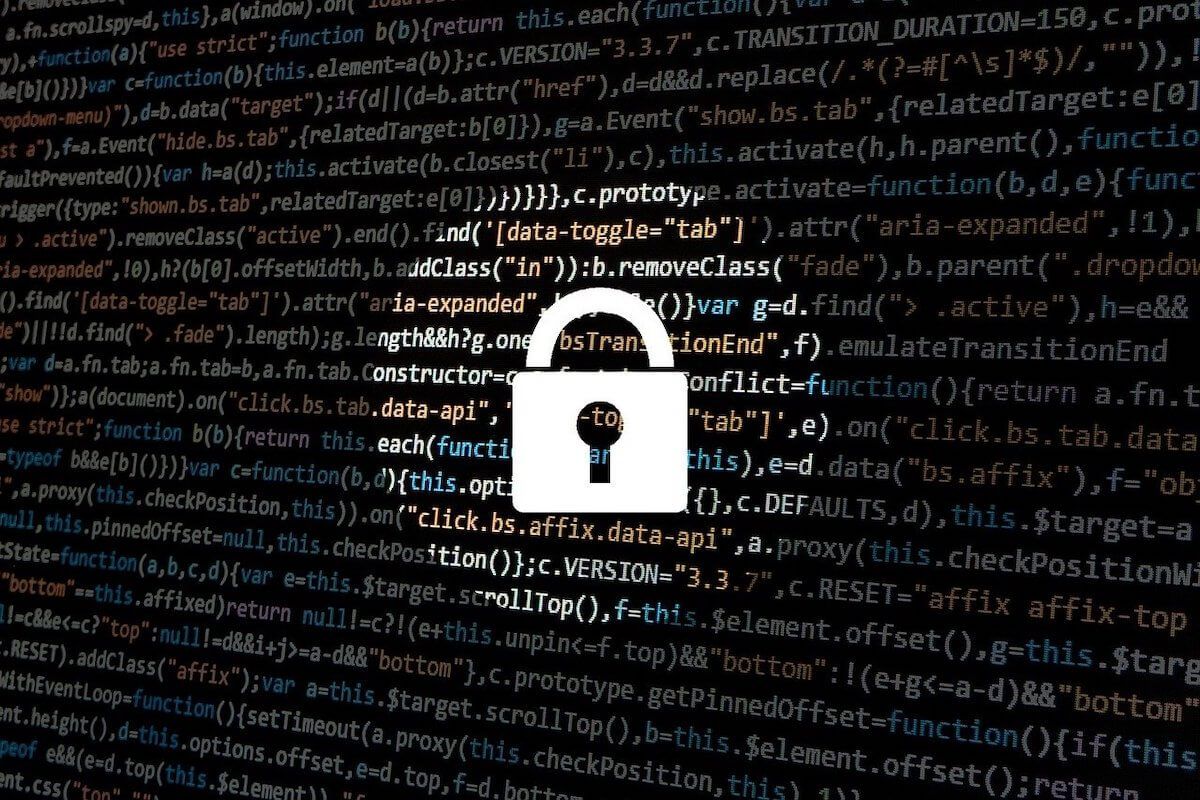
From customer service and shipping logistics to inventory management and marketing, there’s a lot to juggle when you’re running an ecommerce business. Website security may not be at the top of your mind, but it could have a profound impact on your business. In fact, Cybercrime Magazine predicts that retail will be one of the top 10 most attacked industries.
While you may think that criminals are most likely to target major retailers, financial institutions, and large enterprises, that’s no longer the case. Thanks to the increased security measures implemented by larger organizations, criminals are turning their attention to small- and mid-sized ecommerce stores that may not be as well-protected.
Why Should You Care About Cybersecurity?
Ecommerce sites attract cybercriminals because they process and store a lot of sensitive customer data and payment information, which is highly valuable on the black market. Here are some reasons why you need to improve the cybersecurity of your ecommerce site:
- Your business needs to stay compliant with various industry regulations to avoid hefty fines.
- When a breach happens, not only will you incur penalties—you’ll also need to cover costs such as forensic investigation, data recovery services, credit monitoring for impacted parties, and more. All these will negatively impact your bottom line for years to come.
- A breach will tarnish your reputation and erode trust from your customers, hurting your ability to attract new shoppers and retain current customers. In fact, 64% of consumers indicate that they’re unlikely to buy from a company that had failed to protect their data.
How To Secure Your Ecommerce Business From Cyber Threats
Cybercriminals can breach your system in many ways, so you need to cover all the bases. Here’s what you can do to protect your business from cyber threats:
Follow Compliant Standards
Compliant standards—such as the Payment Card Industry Data Security Standard (PCI-DSS), the General Data Protection Regulation (GDPR), and the California Consumer Privacy Act (CCPA)—are designed to protect consumers’ information.
Complying to these standards not only helps you better protect important customer data, but also ensures that you don’t get fined when a breach happens.
The good news is that many of today’s SaaS ecommerce platforms already have built-in features to support these compliant standards. However, it’s still important to familiarize yourself with these regulations so that nothing falls through the cracks.
Train Your Team On Cybersecurity
Many breaches are caused by human errors or negligence. Cybercriminals have many tricks up their sleeves to steal login credentials from your team and hack into your system.
Educate your employees and contractors on how to prevent cybersecurity threats, such as phishing scams, malware, ransomware, and e-skimming. Provide sufficient onboarding training and regular communications to reinforce the importance of practicing proper cybersecurity protocols.
Implement Strong and Unique Login Credentials
Weak or stolen passwords account for as much as 80% of attacks. Therefore, both your team and customers need to use strong passwords to access the system and their accounts.
Make sure your team members don’t share their passwords. Each user should use a unique username and password to log into the system. Also, never use the same login credential as your ecommerce portal for other sites.
To prevent brute force attacks, during which a hacker submits many passwords using automated scripts with the hope of eventually guessing correctly, you should never use any form of default admin names (e.g., “admin”) for logging into your site’s admin panel.
Reinforce Endpoint Security
Each connected device used to access your system can potentially be hacked. Criminals can then log onto your ecommerce platform to steal customer data or add malicious codes to your site, which can expose your visitors to malware, phishing attempts, etc.
Protect the devices (e.g., laptops, smartphones, tablets) used by everyone on your team with anti-virus software, firewalls, or other appropriate methods. You can also implement additional authentication protocols for logging onto your systems—such as 2-step verification or 2-factor authentication—to make sure that only authorized users can access your data.
If you have remote employees, they should access your system through a Virtual Private Network. This ensures that they’re securely connected to your network to prevent criminals from hacking into your system via those endpoints.
Set Up Access Control
Many ecommerce platforms allow you to set up role-based access controls so that each employee can only access the information they need to do their jobs. This can help minimize the amount of data hackers can steal even if they get into your system using one of your employee’s credentials.
You can also set up the system to track which user has access to what information, and from where. This allows you to spot unusual patterns in the event that a criminal logs into your system. For example, if you see a user logging in from two locations hundreds of miles apart within minutes, you can look into the suspicious activities and take immediate action to prevent an attack.
Don’t Fall Prey to Social Engineering
One of the most effective ways to prevent cyberattacks is to avoid social engineering schemes such as phishing traps that hackers use to trick you into downloading malware/ransomware or giving away your login credentials.
Don’t click on links in suspicious emails—these can take you to a webpage made to look like a familiar login page, but is actually set up to steal your information. Look closely at the domain of the email sender to make sure that the email comes from a trusted source.
Store Only the Information You Need
With the growing number of data privacy regulations, you need to carefully establish a balance between customer experience, business convenience, and security. Collect and store only the customer information you need so that you can optimally conduct your business without unnecessary risks.
In addition, segment your network to keep customers’ critical data separate from other information. Use firewalls to protect your system and conduct audits to make sure that your security measures are safeguarding sensitive data effectively.
Perform Regular Site Maintenance
Cybersecurity is an ongoing effort—hackers exploit vulnerabilities, and software engineers patch them. Therefore, it’s important to make sure that the software running your ecommerce site is up-to-date with the latest security measures.
If you’re using a SaaS ecommerce platform, updates are installed automatically. However, if you have an on-premise ecommerce solution, you need to implement software updates, bug fixes, or vulnerability patches to ensure that your site is properly protected.
Also, regularly review all the plug-ins and third-party integrations you have installed. All of these can be “entry points” from which cybercriminals can hack into your site. Only install plug-ins or integrations from trusted sources, and audit them regularly to remove the ones you no longer use so that you can minimize risk exposure.
You should also have a backup and recovery plan to minimize costly downtime if you have a breach and experience data loss.
Final Thoughts
Consumers are becoming increasingly savvy, and they won’t buy from online merchants who don’t have the proper security measures in place to protect their data.
Cybersecurity is now a non-negotiable component for running any online business. While it may take some time and effort to set up your system properly, it will pay off in the long run to avoid attacks that will tarnish your reputation and cost you sales.











